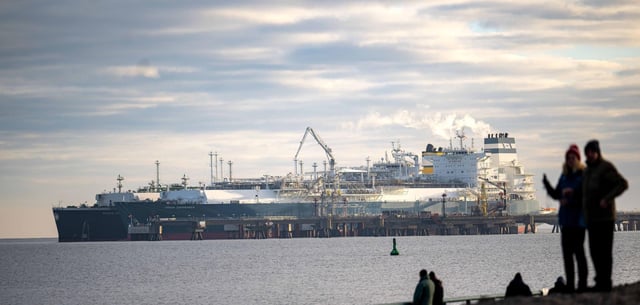Overview
- Nordsee LNG terminals in Wilhelmshaven and Brunsbüttel operated at approximately 65% capacity in 2024, significantly higher than the lower utilization of Ostsee terminals in Lubmin and Mukran.
- Germany's total LNG imports for 2024 were approximately 68 terawatt-hours, accounting for just 8% of the country's overall gas imports, despite a slight year-over-year increase in LNG's share.
- Critics, including the Deutsche Umwelthilfe, question the cost-effectiveness and environmental impact of LNG terminals, arguing they provide limited contributions to energy security.
- The private operator Deutsche Regas claims unfair competition due to government subsidies and pricing strategies benefiting the state-backed Deutsche Energy Terminal GmbH (DET).
- Plans to transition LNG infrastructure for hydrogen imports face challenges, with critics labeling current promises as vague; the first hydrogen-compatible facilities are projected to begin operation by 2027.
